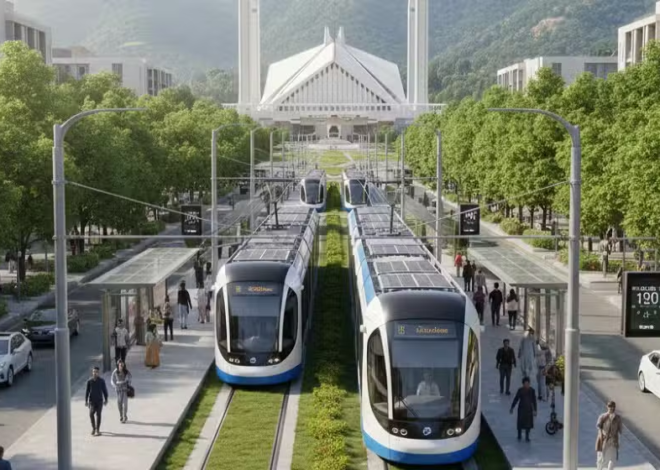
Industry Rejects Govt’s Power Package, Warns of Factory Closures
Pakistan’s industrial sector has voiced strong opposition to the government’s proposed incremental electricity consumption package, calling it unsustainable and damaging for production and exports.
During a public hearing conducted by the National Electric Power Regulatory Authority (NEPRA) on Tuesday, representatives from major business associations criticized the Power Division’s proposal to set a tariff of Rs. 22.98 per unit for incremental electricity consumption by industrial and agricultural users.
Industry leaders argued that the new pricing model would raise production costs at a time when the manufacturing sector is already struggling with high inflation, declining exports, and limited access to affordable energy. They warned that if the package is approved without revision, it could result in widespread factory closures and job losses.
Several representatives highlighted that the policy contradicts the government’s earlier commitments to promote industrial competitiveness and encourage higher production through affordable energy access. They urged NEPRA and the Power Division to review the proposed tariff structure, suggesting a flat or subsidized rate to support economic recovery and sustain industrial output.
According to the industrialists, the current proposal penalizes businesses for higher electricity usage, discouraging expansion and productivity. They stressed that energy is a key driver of growth, and pricing policies should reflect the need to revive manufacturing and attract investment rather than burden producers with additional costs.
One business leader from the textile sector remarked that industries cannot operate efficiently under such expensive tariffs, particularly when regional competitors enjoy significantly lower energy costs. He cautioned that the government’s plan could lead to a sharp decline in exports and undermine Pakistan’s competitiveness in the global market.
Agricultural stakeholders also voiced concern, noting that higher electricity prices would drive up irrigation and farming costs, directly affecting food production and prices for consumers.
NEPRA officials acknowledged the industry’s concerns and stated that feedback from stakeholders would be carefully reviewed before finalizing the decision. However, they reiterated that the proposal aims to rationalize electricity consumption while managing the power sector’s financial sustainability.
The hearing concluded with calls for a collaborative approach between the government, regulators, and industry representatives to formulate a pricing policy that balances energy affordability with fiscal stability.


